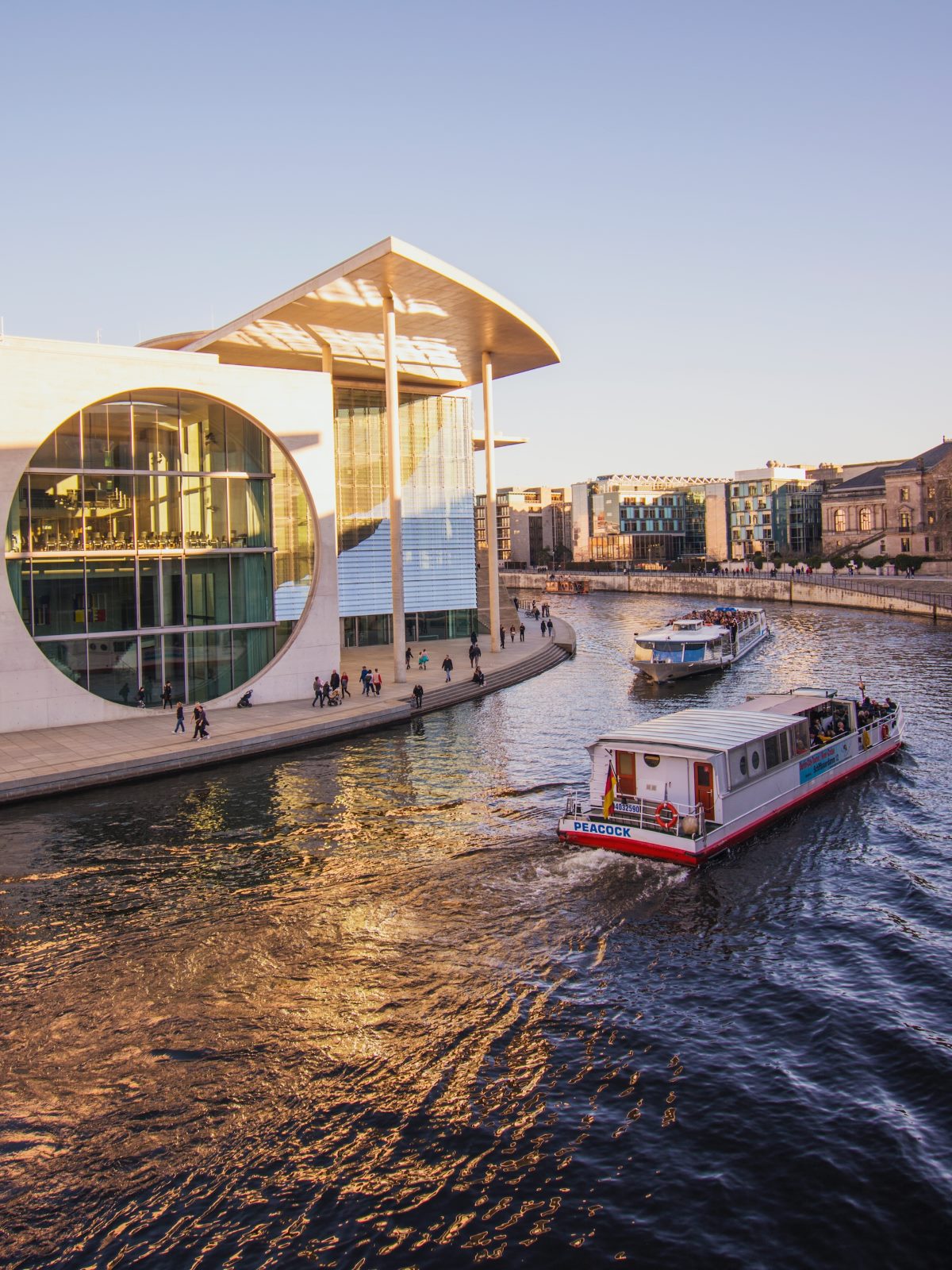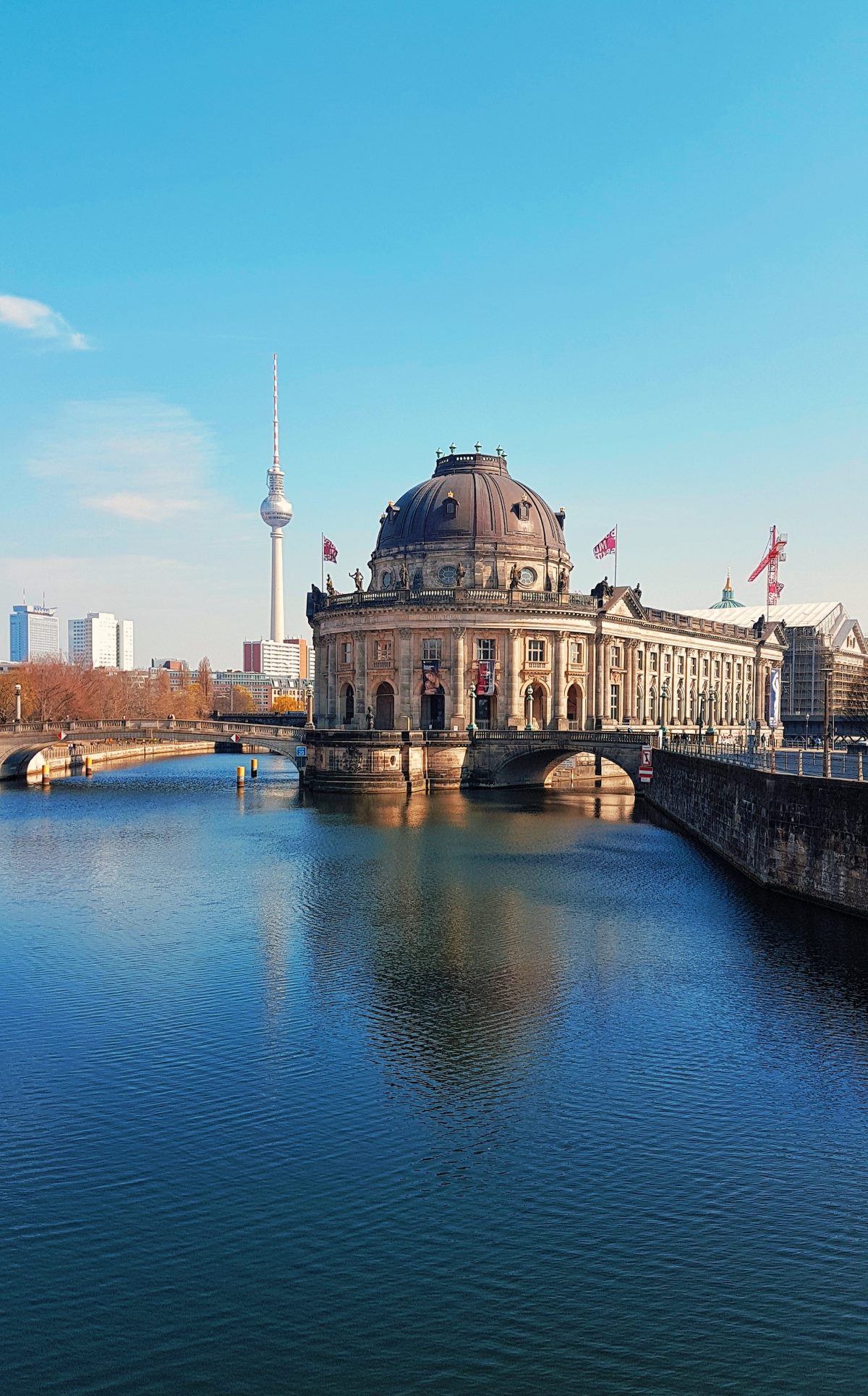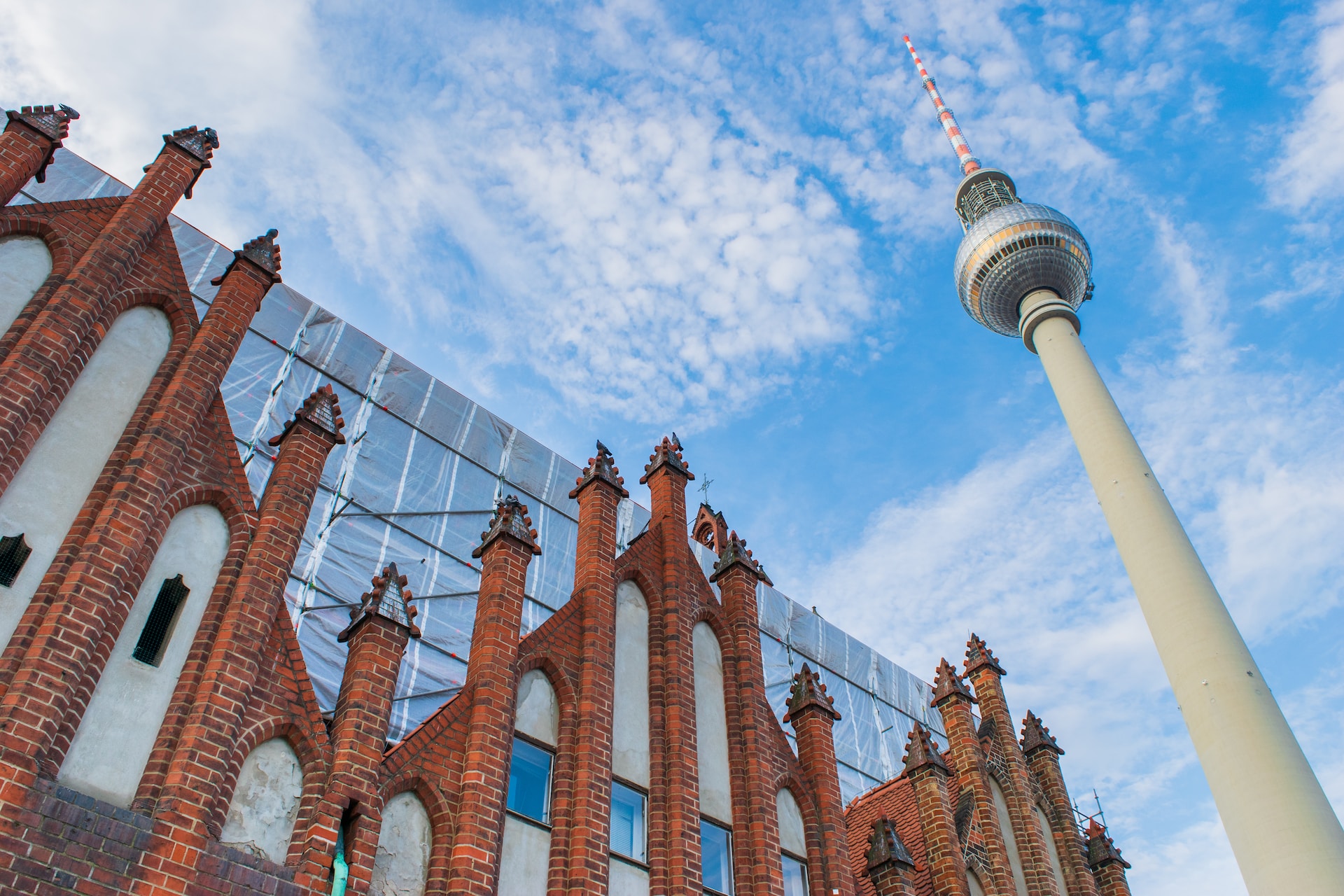In German the official office of the Chancellor of Germany operates under the name Bundeskanzleramt. Berlin serves in Germany as both the central government building and main political center within the country because it houses the Chancellery. Berlin received selection as the base for this important institution due to multiple determinants.
The Historical Significance of Berlin
Historical importance of Berlin served as a crucial determinant for choosing the location of the German Chancellery. The cultural hub of Germany has served as its political and economic heart throughout all periods of history. Throughout time the city of Berlin operated as the capital city starting with the Prussian Empire era until the later reunified Germany period.
The reunified East and West Germany designated Berlin as their capital following the collapse of the Berlin Wall in 1990. German officials chose Berlin for the German Chancellery because the move symbolized national unity and signaled both modernity and democratic principles of the new Germany.
The Role of Berlin in German Politics
Berlin maintains its position as the central governmental hub of the Federal Republic of Germany because it houses numerous governmental institutions like Bundestag (German Parliament). Berlin provides excellent accessibility for the Chancellor to work alongside the Parliament and other government departments through its strategic location.
As a location with deep roots in politics Berlin provides advanced facilities to support administrative operations of government bodies. The Chancellor’s office requires office spaces together with meetings rooms and essential communication networks that Berlin provides in sufficient quantities.
Proximity to International Relations
Berlin provides the German Chancellery with an important advantage because it keeps international relations within easy reach. Access to foreign embassies and international organizations together with their consulates becomes easier due to the location in the capital city. This proximity fosters more efficient communication and diplomatic relations between the German government and the global community.
Berlin’s Vibrant Culture and Reputation
Berlin draws people because of its famous cultural richness and multicultural citizenry along with its successful arts community. The combination of multicultural social environment along with status as an innovation hub makes Berlin an ideal place to host the German Chancellery.
Berlin benefits economically through its Chancellery because this location pulls in diplomats as well as politicians from across the world. This, in turn, boosts the local economy through tourism, business opportunities, and cultural exchanges.
The Symbolic Importance
Through its prominent central Berlin address the Chancellery demonstrates Germany’s dedication to establishing democratic institutions and maintaining transparent governance. Berlin exposes a legacy of defeating partition while becoming a freedom monument that fits perfectly with German beliefs about the present day.
As a material representation Germany utilizes this Berlin-based Chancellery building to demonstrate its dedication to constructing a unified democratic society.
Conclusion
Berlin serves as the home base of the German Chancellery because it exhibits historical importance to Germany alongside its key position in national politics and international relations and offers diverse cultural attractions while holding vital significance for unified Germany. Berlin functions perfectly as the Chancellor’s headquarters because it enables strong administrative performance and displays German historical significance and democratic principles.
Table of Contents




